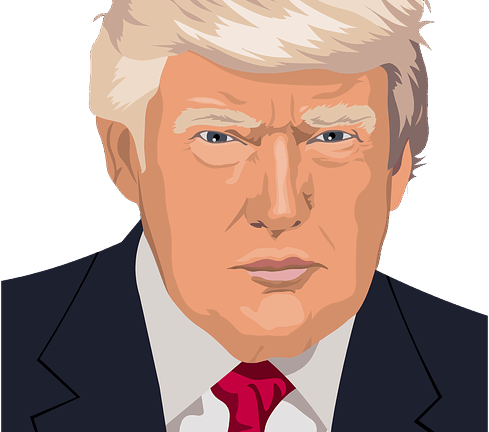-🇰🇷South Korea, officially known as the Republic of Korea, has a vibrant and dynamic democracy.
One of the most important events in its political calendar is the presidential election, which determines the country’s leader for the next five years.
In this blog post, we’ll walk through the key moments in the history of South Korean presidential elections, highlight major figures, special events, and how the system works today.-
–1. How the President is Elected 🗳️South Korea holds direct presidential elections every five years.
This means citizens vote directly for a candidate, not through representatives.
The system ensures that each citizen has a say in choosing the head of state.
Term: 5 years (No re-election allowed)Voting Age:
18 years old and aboveElection Type:
First-past-the-post (the candidate with the most votes wins)—
2. First Presidential Election (1948) 🏛️Year:
1948First President:
Syngman RheeHow Elected:
Indirectly by the National AssemblyThis was the very beginning of the Republic of Korea after the end of Japanese occupation.
Syngman Rhee was elected as the first president, setting the tone for South Korea’s early leadership.—
3. Shift to Direct Elections (1987)
🕊️For decades, South Korea had periods of authoritarian rule.
Major protests and a push for democracy in the 1980s, especially the June Democratic Uprising in 1987, changed everything.
Result: Introduction of direct elections.
First Direct Election: December 1987Winner:
Roh Tae-woo (Former general)This moment marked the beginning of the modern democratic era in South Korean politics.
—4. Major Presidents and Historic Elections
🧑⚖️Let’s look at some notable elections and presidents:
Kim Dae-jung (1997)First opposition candidate to become president.
Promoted the “Sunshine Policy” towards North Korea.
Won the Nobel Peace Prize in 2000.
Roh Moo-hyun (2002)A human rights lawyer.Supported by the younger generation.
Emphasized justice and reform.
Park Geun-hye (2012)First female president in South Korean history.Daughter of former president Park Chung-hee.
Impeached in 2017 due to a massive corruption scandal.
Moon Jae-in (2017)Elected after Park’s impeachment.
Promoted peace talks with North Korea.Strong supporter of social welfare and democracy.Yoon Suk-yeol (2022)Current president.
Former Prosecutor General.Known for his conservative policies and focus on security.–
-5. Special Moments in Election History ✨Impeachment Elections:
South Korea is one of few countries where a sitting president has been successfully impeached and removed from office.
High Voter Turnout: South Koreans take voting seriously.
Turnout often exceeds 70%.Use of Technology: Korea uses digital systems for quick and accurate vote counting.—
6. Why It Matters for Foreigners
🌍Understanding Korea’s presidential election gives insight into:
The nation’s democratic strengthPublic opinions and social issuesThe direction of foreign policy, especially regarding North Korea, the U.S., China, and JapanFor expats, students, and travelers, knowing Korea’s political timeline can help you better understand the culture and current events
.—7. Fun Fact
🎉Korea celebrates Election Day as a public holiday! People get a day off to cast their votes—how cool is that?—
8. What’s Next? 🔮The next presidential election will be held in 2027, and discussions around potential candidates and political shifts are already beginning.
Stay tuned to South Korean news and be ready for more democratic drama and debates!—
Hashtags #SouthKoreaElections#KoreanPolitics#PresidentialHistory#KoreanDemocracy#LearnAboutKorea—If you’d like an infographic or a translated version in Spanish or Korean, feel free to ask!







